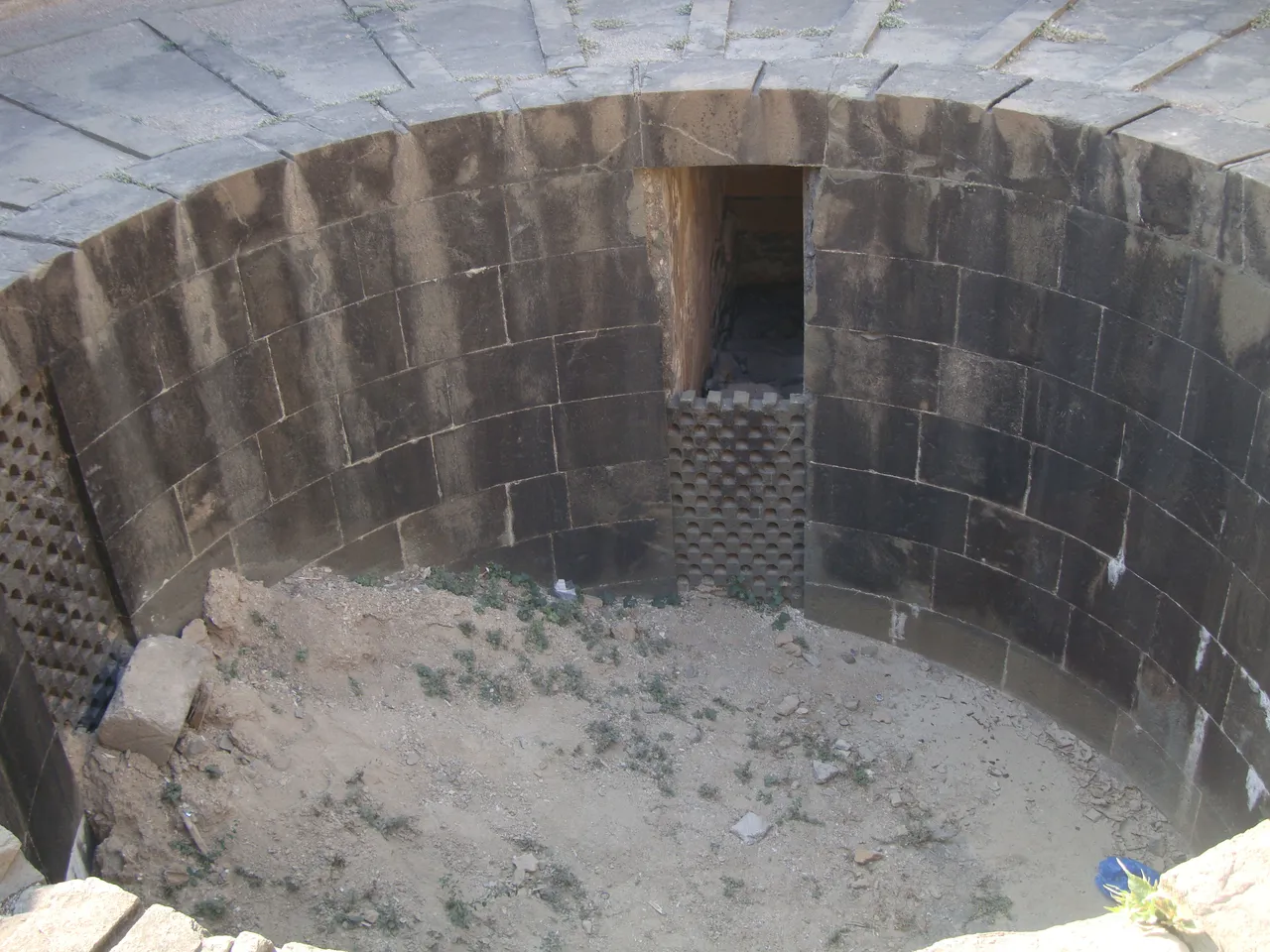After life is death, we all know this and we all agree that we will die someday although, we do not know the exact day, it is certain that at a point in time, our heart would stop pumping blood to the body, and we will be classified as dead. When people die, there are a lot of things that we do that might seem right now but they actually have effects either in the short or long run. This post isn't targeting religion at all because I do not intend to mention any at all, it is plainly science, and it would be entirely educating. With that said, let's get into the post for the day.
Either dead or alive, we all share this planet together, and while a lot of people are against burial saying it takes a lot of land, there are the people who say that the energy consumption of cremation out-way the land use for burial. But, if we are going to be doing things according to science which mean that we are looking at eco-friendly way of dispose of our dead ones.
Burial is the most common way and still an Eco-friendly way of disposing off the dead and with this, it can be good for the environment but if we are looking at eco-friendly burial, that we are going to go against the use of agents that get in the way of decomposition. One very common method that get in the way of decomposition is embalming. When talking about embalming, then we aren't completely dealing with an Eco-friendly way of disposing the dead because first the natural fluid in the body is removed and replaced with toxic chemicals that does the job of preventing decay which is the natural thing that should occur after death.
Asides from trying to prevent decay, the living also endanger themselves wen they come in contact with this agents with one being Formaldehyde which is a major chemical in embalming that is a carcinogen which can lead to cancer. Asides from the effect on living, the environment isn't spared as well. When these chemicals are washed into surrounding environments which would include rivers, then they go ahead to kill marine plants as well.
I asked my mom as a child then that what happens after a body is buried, and she said it would decompose but growing up and seeing the way the dead is buried doesn't look like we want to achieve that goal quickly because burying a body in a casket whose wood can take years to break down in the walls of a concrete vault isn't a good idea. First, it would delay decomposition, and it would make it difficult for microbes and tiny organisms to utilize the body for nutrient purposes just to continue the cycle of life. For a better way, burying the body alone in Wicker, linen, or sea grass would do good job provided the body is covered in a respectable way since they are biodegradable.

lookandlearn.com
Remember I mentioned cremation in the beginning, so I would go about it again. Because I mentioned it before doesn't mean it is not Eco-friendly because it is and this depends on the environmental impact you are looking at, so we can say it is a 50/50 thing. First, based on land space, there have been supporting arguments that cremation is good as it reduces land use but then there is the energy usage argument which is also a reality and not Eco-friendly.
With cremation, a body will have to be subjected to a heat of 980 degrees Celsius for hours, and although the body ends up becoming dust, they process also releases a lot of polluting dust and gasses into the atmosphere. A study mentioned that a crematorium operating at minute emits the same amount of nitrogen dioxide as 50 cars at once. While this comes from the fuel being used, we can still say that it is not as Eco-friendly as we would think of it.
Aquamation is another way of disposing off dead body but it is legal only in some parts of the world and not allowed in other parts. Countries where aquamation is legal includes South Africa, Mexico, Australia, and some parts of the United States. Aquamation also known as Alkaline hydrolysis Vat doesn't need to be as hot as cremation, it uses about 150 degrees Celsius to dissolve a body. The procedure uses alkaline water to break down human body in less heat. Aquamation requires water and money to treat the water back before it can be used by humans again.
Asides Aquamation, we have Terramation and this is not legal in everywhere as it has to do with composting the body, just similar to how we compost things to get soil. This isn't allowed everywhere and while we are looking into eco-friendly methods, these isn't still the best for now because there are a lot of cultural difference just as there is with other types of method to dispose off the dead.
Read More
https://www.ncbi.nlm.nih.gov/pmc/articles/PMC9403370/
https://www.mdpi.com/2077-1444/12/2/97
https://www.ncbi.nlm.nih.gov/pmc/articles/PMC5931459/
https://www.interraburial.com/services-we-provide/aquamation
https://pubmed.ncbi.nlm.nih.gov/21971109/
https://journals.sagepub.com/doi/abs/10.1177/00302228231160341
https://returnhome.com/what-is-terramation/
https://earthfuneral.com/resources/what-is-terramation/

